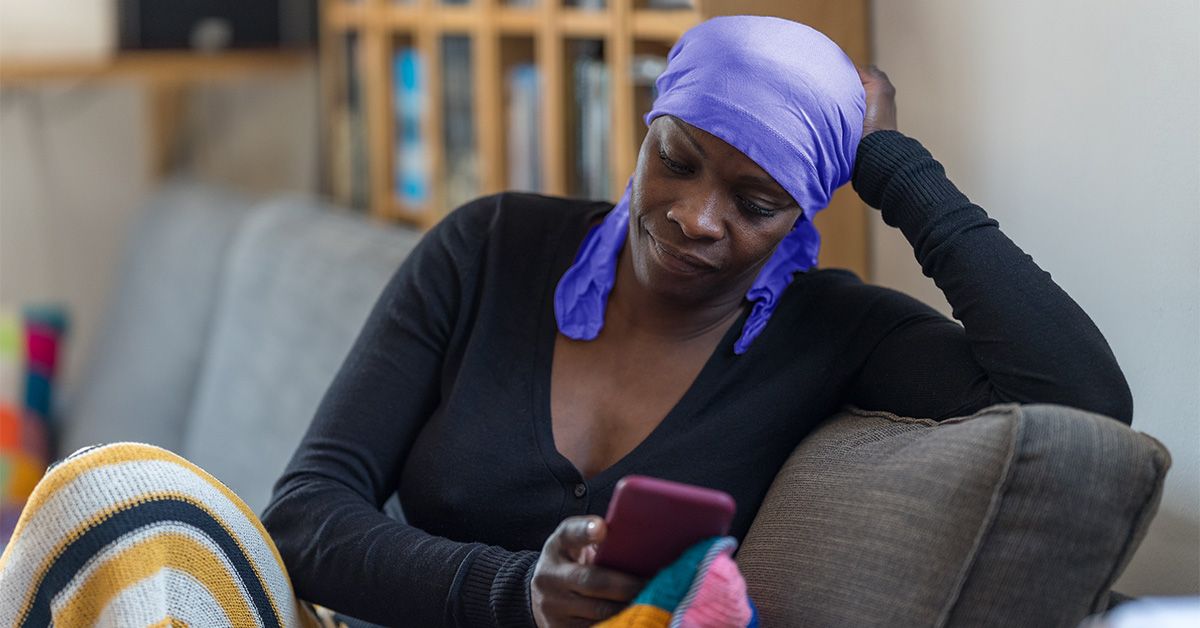Women and Hypertension: The Need for Tailored Digital Health Solutions
As the sun dipped below the horizon, casting a golden hue across her living room, Angela Williams, a 52-year-old mother of two, tapped at her smartphone with quiet determination. Suffering from hypertension, Angela had often felt like an outlier among her male peers, but a recent study illuminated her experience: a digital health intervention tailored for women was not only reducing blood pressure but also fostered a sense of community and accountability. Navigating the intersection of menopause and cardiovascular risk, Angela and many women like her are redefining the face of hypertension management.
The Urgency of Women’s Heart Health
Hypertension, a condition affecting nearly half of adults worldwide, is particularly dangerous for women during specific life stages. A recent study published in the American Journal of Preventive Cardiology found that women, especially those in perimenopausal and menopausal phases, face heightened cardiovascular risks. With cardiovascular disease being a leading cause of death among women globally, this demographic urgently requires targeted interventions.
Digital Health Intervention: A Game Changer
At the heart of this revolution is an “mHealth” system developed by HelloHeart, pairing a heart health app with a Bluetooth-enabled blood pressure monitor. Over 48,000 participants took part in this extensive study spanning from July 2015 to September 2023. Among them, 55% were women, making it one of the most significant investigations into a digital health intervention focused on women’s health.
- Sustained results: Women with stage 2 hypertension achieved a 9% greater reduction in systolic values than their male counterparts.
- Increased engagement: Women exhibited a higher level of interaction with the mHealth application, leading to better health outcomes.
- Personalized support: Participants received lifestyle coaching, medication reminders, and sex-specific health guidance.
Dr. Jayne Morgan, Vice President of Medical Affairs for HelloHeart, elaborated on the circumstances surrounding cardiovascular risk: “Menopause is a time of estrogen loss. Estrogen receptors are present in various organs, including the heart, making this a critical period for women.” Without the protective effects of estrogen, women may experience a spike in blood pressure, often leading to complicated health issues.
The Power of Engagement
The success of the HelloHeart intervention may lie in the high rates of user engagement. Women showed more frequent interactions with the mHealth app, translating into real changes in their health. Dr. Rigved Tadwalkar, a cardiologist involved in digital health solutions, points out that “the higher a user’s engagement, the more likely they were to lower their blood pressure over time.”
Women participating in the study demonstrated:
- A significant drop in both systolic and diastolic blood pressure readings.
- Increased adherence to the app’s features, showcasing how regular tracking can compel healthier habits.
- A sense of community forged through shared experiences and engagement, fostering emotional well-being alongside physical health.
Fostering Long-Term Health
The implications of these findings are profound. “mHealth has real staying power, particularly for hypertension,” noted Dr. Tadwalkar. “Success hinges on daily behaviors, and having the tools readily available makes it easier to commit.” The feedback loops provided by digital health platforms not only encourage accountability but transform individual choices into communal health outcomes.
Angela, navigating the complexities of hypertension and menopause, reflects on her journey: “I’ve found that consistent monitoring has made me more aware of my body’s signals. My app has become my ally in this battle.” The convergence of technology and personal health serves not just as a tool for management, but also as a platform for empowerment.
The Horizon of Digital Health
The intersection of technology and medical care is opening horizons previously considered impossible. From small behavioral adjustments in diets to active engagement in weight management and blood pressure tracking, digital health systems have the potential to turn the tide against diseases traditionally considered intractable. Women like Angela are at the forefront of this shift, demonstrating how technology can bridge the gap in personalized healthcare and long-term health management.
As researchers and clinicians explore the beneficial outcomes stemming from tailored interventions, the goal remains clear: empower women through effective health solutions, particularly during the critical transitions marked by perimenopause and menopause. With their increased engagement and unique health challenges, women are not just passive recipients of healthcare; they are active architects in the pursuit of better heart health through innovative digital solutions.
Source: www.medicalnewstoday.com


